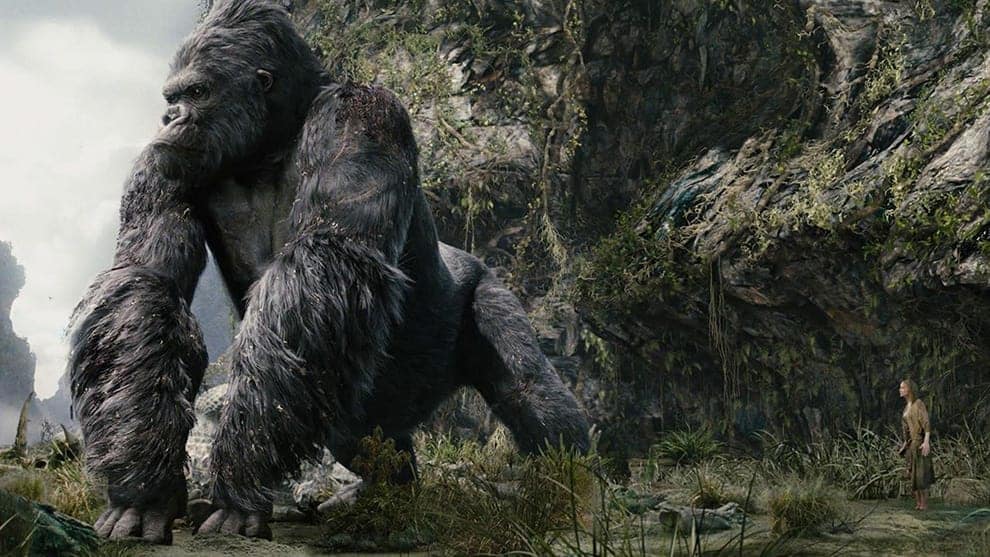Charlie Hebdo and Islam

The attack against Charlie was tragic, but the magazine’s cartoons were just awful.
Author: Amir Aboguddah
In the aftermath of the Charlie Hebdo shootings in Paris, and as emotions around the world were running high, voices of condemnation were pretty much everywhere. Like with any such event, questions were being asked as to what caused the shootings. Expectedly, the conversation quickly evolved into a debate about the role of Islam and the views of Muslims in relation to the crime. A Muslim myself, I would like to contribute to the conversation and clarify a set of simple, yet crucial, points.
I will not spend much time offering a ‘Muslim’ condemnation of the attack. Why? Because it is a given fact that any human being who can differentiate between right and wrong will condemn the attack. Muslims, like all other peoples, have strongly condemned the attack, and to expect an extra apology from Muslims on the basis of “guilt by association” is just not right. The fact that the shootings were a crime is not a matter of debate.
It is obvious to many that the actions of two individuals do not in any way represent a population of 1.7 billion. However, there are those who assert that, although most Muslims are peaceful, the religion they follow remains to be violent. Basically, it is said that the only reason most Muslims are not shooting down cartoonists, is because they have freed themselves from the violent teachings of their religion. Most Muslims do reject such criminal acts, not because they are less observant of their religion, but because they are observant. The Prophet Muhammad, throughout his life, was mocked, insulted, and even physically harmed, and he never responded with violence. Rather, the Quran instructs him to be “patient over what ever they say (and will say) and avoid them with graceful avoidance” (73:10). As a Muslim, I do not see where I am ordered to go and harm those who insult my beliefs or me. The two criminals who carried out the Paris shootings were not, as some may conclude, excessively religious. Rather, I believe that they were not religious enough. Had they simply followed the example of the man they claimed to defend, the twelve victims would still be alive.
That being said, I do not claim that “I am Charlie” and nor do I support the distribution of the Charlie Hebdo cartoons, which are, frankly, Islamophobic. Olivier Cyran, who worked for Charlie Hebdo from 1991 to 2001, wrote to his former colleagues in 2013 describing an “Islamophobic neurosis which bit by bit took over [Charlie Hebdo]’s pages”. His letter reveals that Charlie Hebdo has become obsessed with offending and insulting Muslims, by portraying them as backward barbarians. The bigger problem is that the French Muslim population is a marginalized and ghettoized population. It makes no sense to attack and intimidate an already marginalized population when the purpose of satire is to mock the powerful and those who practice authority! Let me repeat that killing any innocent person for any reason is a crime by all standards. However, freedom of expression does not mean that I am obligated to agree with the expression itself. For example, Bill Whatcott has the freedom to express his views on campus (as absurd as they may be). However, that does mean that we have to hold up signs saying ‘Je Suis Whatcott’ if he is ever harmed for his views.
The Charlie Hebdo cartoons reflected an (offensive) ignorance of Islam and Prophet Muhammad, and they ought to be criticized. However, shedding blood in Prophet Muhammad’s name is also offensive to Muslims. Please, let us not refuel the cycle of Islamophobia neither by blaming Islam for such violence, nor by endorsing Islamophobic messages.










